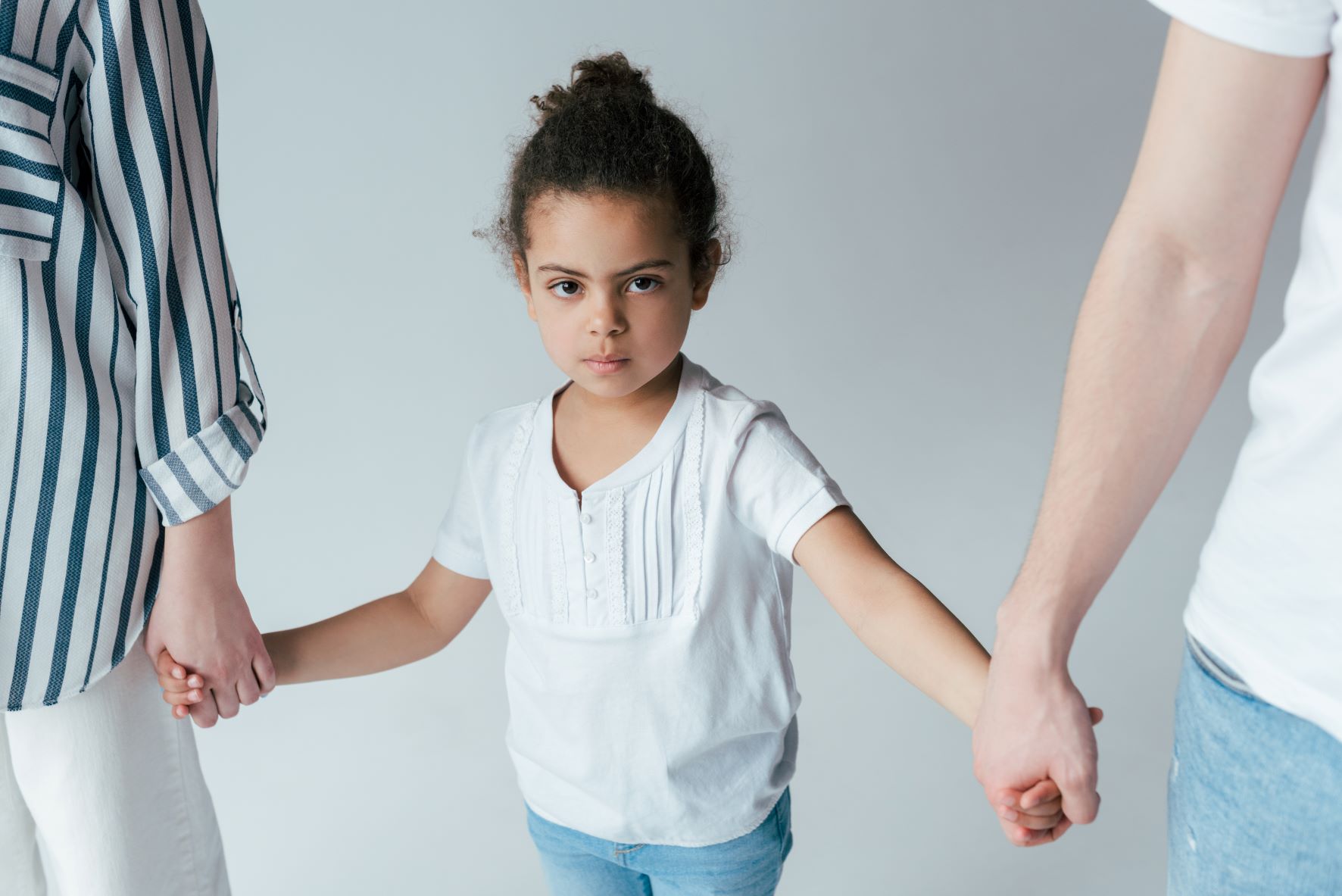After your divorce is final, the question of who gets to raise your children decides which religion (if any) they practice, and how/where they are educated all point back to the decisions you, your ex, or the courts make about the custody of your children. Who has the power to make decisions or is decision-making shared? How much authority does each parent have? Is one a primary caregiver/decision-maker? Or both? Historically, these issues are most often negotiated and established as a part of your divorce agreement.
Do you share joint legal custody?
Joint legal custody is different than joint physical custody. In joint physical custody, both parents share the physical custody of their children. The children may shuttle between the households of each parent on a schedule that suits each party. Joint legal custody is a separate issue. When both parents have joint legal custody, it means that both parents must agree upon most major decisions affecting their children regardless of where and with whom they live.
Among the joint legal custody decisions, both parents must negotiate are non-emergency medical treatment, counseling, school choice, and religious upbringing. Increasingly, however, whether or not a child should be vaccinated is also a joint legal custody decision.
With joint decision-making, vaccinating against COVID-19 is decided by both parents.
Much has been written about divorced parents who disagree whether to vaccinate their children against conventional childhood diseases – measles/mumps/rubella vaccinations being among the most contested until recently. Some parents are against any vaccine at all, others may have previously vaccinated their children as babies. In other cases, parents may decide not to vaccinate their children, but schools, for example, may require vaccinations.
Sometimes the reason against vaccination is based on a parent’s or parents’ religious grounds. Other times, the decision-making process is less clear. Nowhere has the issue been so hotly contested as with the COVID-19 vaccines. While approved for children 12 and older, not all parents are anxious for their children to “get the jab.”
To vax or not to vax – is a difficult question for intact families but can be more problematic for households that share joint legal custody and joint decision-making. In these instances, if the parents cannot reach an agreement, there are two options: a court can make the decision, or the parties can agree, typically in a custody agreement, to appoint a third-party “tie-breaker” for purposes of reaching consensus on this issue.
If you have joint legal custody and joint decision-making, you cannot make decisions alone. If you want to vaccinate your child against COVID-19 but your co-parent does not, you may not unilaterally take your child to the doctor and have her vaccinated. In these instances, if a conversation with your child’s pediatrician or some other negotiated solution does not sway the dissenting parent, the court will make the decision for both of you by evaluating what it deems is in the best interests of your child.
What if you cannot agree on vaccinating your children or other issues?
As recommended by The National Law Journal, you should contact a family law attorney to determine what steps to take and how to prepare to present your case for vaccination pro or con.
If you and your ex-spouse share joint legal custody and are unable to agree about whether or not to vaccinate your children or have questions about your rights regarding decisions made in any other aspect of your custody agreement, let's talk. I'm Dan Stock, and you can call me at 475-232-4105 or email me at dhstock@danielhstockpllc.com to schedule a consultation.
